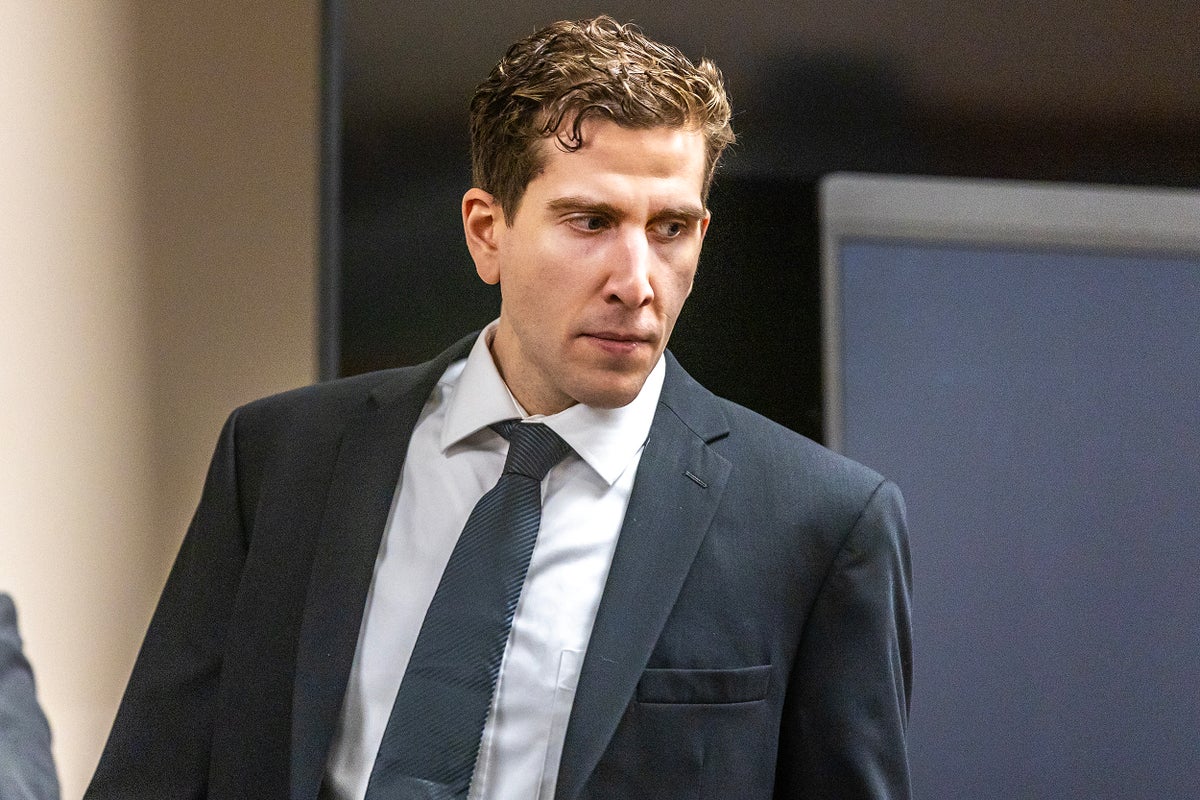
A trial date could soon be set in the case of Bryan Kohberger, the man charged in the deaths of four University of Idaho students who were brutally killed at their off-campus house.
The 29-year-old criminology PhD student is currently awaiting trial for the murders of Kaylee Goncalves, Madison Mogen, Xana Kernodle, and Ethan Chapin, who were stabbed to death on November 13, 2022, in Moscow, Idaho.
Police linked Kohberger to the murders that rocked the college town through DNA found on a knife sheath, cell phone data, an eyewitness account, and his white Hyundai Elantra. He was arrested six weeks after the murders.
Kohberger declined to enter a plea prompting Judge John Judge to enter his plea as not guilty on his behalf in May 2023. Latah County prosecutors say they intend to seek the death penalty if Kohberger is convicted.
The judge has not yet set a trial date in the complicated case but has scheduled a hearing for June 27 where attorneys are expected to discuss dates for the trial and sentencing.
They will also discuss whether the trial should be moved outside the county where the crime occurred to seat an impartial jury. The state has been opposed to the move, while the defense is in favor of it.
Last month, the defense argued that prosecutors had not handed all the evidence over for them to review and have filed multiple motions to compel the state to do so.
Prosecutors insisted they are doing all they can to share evidence but have been partly delayed by federal rules, due to the FBI’s involvement in the investigation.
This evidence in question is said to include dashcam footage, video and audio recordings of a white sedan close to the crime scene in Moscow, as well as lab testing results – information police used to arrest Kohberger.
But Kohberger claims to have an alibi for the time of the murders: that he was driving around looking at stars and was in Pullman, which is about eight miles west of the off-campus student home at 1122 King Road home, where the slayings unfolded.
Earlier this year, Kohberger’s attorneys filed a motion to dismiss the murder charges against him, citing a biased grand jury, inadmissible evidence and prosecutorial misconduct. But Judge denied the motion.







